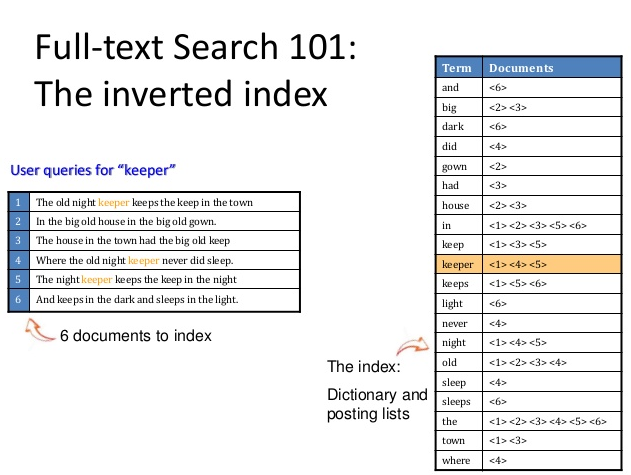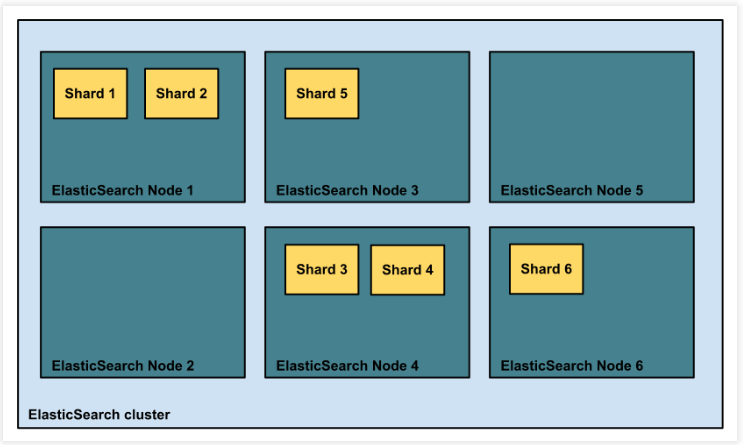Elasticsearch in Managed Hosting
Speed and convenient administration: Individually strong, together unbeatable. That's why Elasticsearch is included free of charge in all our plans.
Elasticsearch
Elasticsearch searches articles up to 5 times faster than other search functions.
Why is Elasticsearch even better in managed hosting?
With Elasticsearch in a managed hosting package, you can rely on the usual performance of your search function, but additionally secure many time-saving and convenient services and functions. We provide a pre-installed and pre-configured Elasticsearch server on all clusters to be able to index the first documents within seconds. Additionally, we support you with 24/7/365 support and monitoring.
- Our experts will help you set up and improve Elasticsearch instances
- Install Elasticsearch plugins with just one click directly in our Managed Center
- Our automatic and manual snapshots facilitate backups and version changes
- You can also update your Elasticsearch version directly in our Managed Center
Manage plugins quickly & easily
You need another plugin? Just install it with two clicks directly in our management interface. Don't worry about compatibilities or expirations, we've already taken care of that.
- Install analysis-, ingest- and mapper plugins directly in the Managed Center
- The popular "analysis-icu" and "analysis-phonetic" plugins are already installed by default on all instances
- Compatibility and correct installation of Elasticsearch and plugins is automatically ensured
Automatic snapshots
Easily create automatic snapshots or create additional manual snapshots if needed. In case of a version change, you can transfer them directly to the next major version.
- Create automatic and manual backups in seconds
- Snapshots can be restored at any time in the backup area of our Managed Center
- Simplify and accelerate version changes by using snapshots
Updates without headaches
Update your Elasticsearch instances directly in our management interface. It is also possible to switch to the next major version. Due to the seamless integration of snapshots, the update succeeds without time-consuming re-indexing.
- Minimize service interruptions with simplified, integrated update and snapshot processes
- Even change major versions without leaving our Managed Center
- In addition, our system administrators are available 24/7/365 for direct support
More than 500 satisfied customers
Ready to upgrade?
We are happy to support you with the integration of Elasticsearch and also take care of regular security updates and monitoring afterwards.
Frequently asked questions and answers
Also, please don't hesitate to give us a call! We are always happy to help.
To ensure the highest possible speed and quality of search results, powerful search engines must be integrated into the website. One of the most important full-text search engines is Elasticsearch, whose scope of services is relied on by companies such as Facebook, Netflix, Zalando and also GitHub.
Elasticsearch offers many advantages as a search engine:
- Distributed nature: individual nodes taken together form a cluster, making it possible to distribute even large amounts of data via sharding. Data can also be multiplied across multiple nodes to cushion high query loads.
- Simple operation
- Fast yet stable
- Offers a wide range of features: Data roll-ups, index lifecycle management
- Easy ingestion and visualization of data, as well as reporting with Kibana
- Wide range of supported programming languages such as Java, JavaScript (Node.js), PHP, Python and Ruby
- 24 text languages
- Free under Apache 2 license
- Persists data, therefore it can be used for longer-term storage
With Elasticsearch, raw data from various sources, such as logs, system metrics, and web applications, is merged in an ingestion process and enriched with additional information as necessary. The data is then stored as JSON documents, which in turn consist of a set of pairs of keys and values. In order for search queries to return results later, the data is indexed, for which Elasticsearch uses a data structure called an inverted index.
Instead of examining all available documents in a search query, Elasticsearch examines an index by previously storing all content in a prepared manner. For this process, Elasticsearch creates one (or more) indexes, each of which functions like a kind of database and is then later searched by the searchengine.
The index created in this way is divided into several types. In these indexes documents can be stored, which can be assigned to a type. In contrast to classical SQL databases, however, the documents do not have a fixed format, but can each consist of any structure of attributes. This allows a fast full text search and the search of document data in (almost) real time.

Example of a full text search with inverted index | Source
For storing the data, Elasticsearch can split the index into several "shards". To distribute the workload, these shards can be split into several "nodes". One node is defined as the "primary node". For small and medium-sized online stores, this node is already sufficient in most cases.

Shards in an Elasticsearch cluster | Source
If you want to learn more about how Elasticsearch works, we recommend our comprehensive blog article on the topic.
Elasticsearch hosting is included free of charge in all of our plans. Simply start your new Elasticsearch server in a few seconds and install required plugins. You can start indexing immediately.
Everybody talks about service, but in case of emergency you are on your own? Not with us - talk directly to an experienced system admin at any time, who will actively support you.
- Lightning-fast first-level support: Experienced system admins are available for you 24/7/365 immediately by phone
- Proactive 24/7 monitoring of your online store with over 50 parameters for maximum stability and performance
- Guaranteed response times of up to 15 minutes in the event of a critical alarm that threatens the functionality of the store
Discover all our managed services.
If you want to speed up the full-text search on your own website, you can use Solr or Sphinx in addition to Elasticsearch.
Solr
Just like Elasticsearch, Solr is based on Apache Lucene and both are offered under the same Apache 2.0 license. In 2006, Solr became open source and has been actively supported by the Apache community ever since.
Solr offers not only a very detailed functional environment, but also numerous available plug-ins on top of that.
What are the advantages:
- Fast search even with millions of articles
- Multivalue filters
- High performance through local installation and enterprise NVMe SSD
- Easily scalable and fault-tolerant
- Easy management through our Managed Center
- Reindex without interruption and in real time
- Flexible and easy configuration
By the way, you can set up your Solr search with us in just a few clicks.
Sphinx
Just like Elasticsearch, Sphinx is an open source application. You can use it to quickly and easily batch index and search either data stored in an SQL database, NoSQL storage, or just files. Alternatively, you index and search data on the fly, working with it much like a database server.
The features of Sphinx:
- Large data sets can be searched efficiently and quickly
- Modern algorithms - stop words, stem form reduction and real-time indexing without problems
- High performance due to local installation and enterprise NVMe SSD
- Fast
- Easy deployment
- Easy management via our Managed Center
- Flexible and easy configuration
MySQL
MySQL's software delivers a very fast, multithreaded, multi-user, robust SQL (Structured Query Language) database server. Nevertheless, Elasticsearch is much faster than MySQL's full-text search for high volumes of data, so product searches can be performed much faster than with traditional search capabilities. However, this advantage only becomes apparent with a higher number of products. As of Magento version 2.4, Elasticsearch became mandatory as a search engine and thus replaced MySQL.




